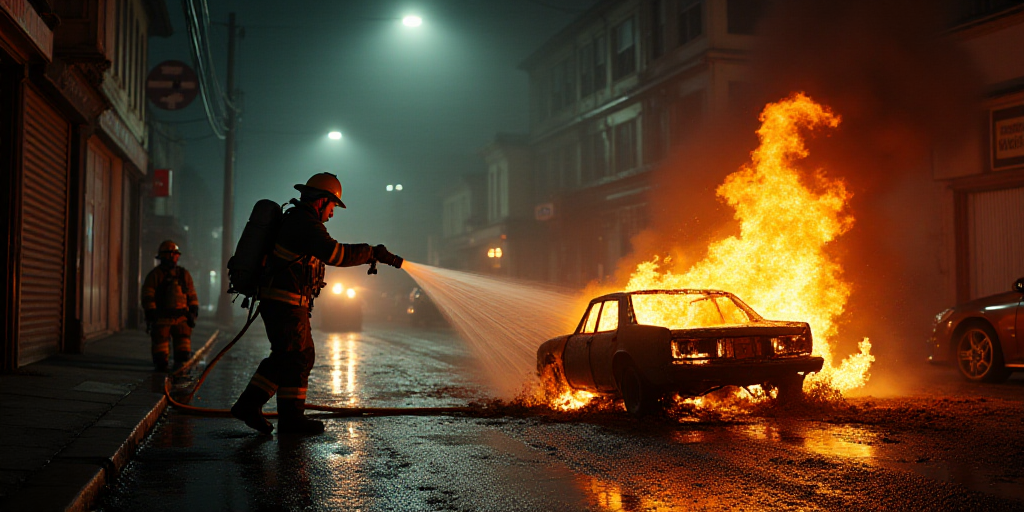Background on Key Figures and Their Relevance
Donald Trump, the former President of the United States, has expressed hope that Israel and Iran can negotiate a ceasefire amidst escalating tensions. This statement comes as both nations engage in intensifying military actions, raising concerns about a broader regional conflict. Trump’s remarks were made during his journey to the G7 summit in Canada, where he emphasized that the United States will continue supporting Israel. However, he did not explicitly confirm whether he had urged his ally to halt attacks against Iran.
Intensifying Conflict Between Israel and Iran
On Sunday, both Israel and Iran launched new attacks, resulting in civilian casualties and heightening fears of a wider regional conflict. Both militaries have advised civilians on the opposing side to take precautions against further attacks.
German Chancellor Friedrich Merz expressed optimism that the G7 meeting, held on Sunday in Canada, could lead to an agreement helping resolve the conflict and prevent its escalation.
The Israeli military, which initiated attacks on Friday targeting Iran’s nuclear and ballistic missile programs, warned Iranians living near armament facilities to evacuate the areas.
“Iran will pay a very high price for killing civilians, women, and children,” stated Israeli Prime Minister Benjamin Netanyahu from a balcony overlooking the destroyed apartment buildings where six people lost their lives in Bat Yam, a city south of Tel Aviv.
Iranian armed forces instructed residents in Israel to stay away from “vital zones” for their safety. A spokesperson for the Iranian armed forces said in a video broadcast by state television around the time Iran launched another barrage of missiles toward Israel.
Rising Death Toll
In Israel, rescue teams sifted through the debris of residential buildings destroyed by Iranian missiles, employing search dogs and heavy excavators to locate survivors after at least ten people, including children, died, raising the death toll to thirteen in two days.
Explosions shook Tel Aviv in the afternoon as Iran launched its first daylight missile attack since Israel’s Friday assault. Initial reports did not mention any direct hits from the initial bombardment.
Hours later, as night fell, Iran launched a second wave of missiles that struck Haifa, a mixed Jewish-Arab city in northern Israel. An Israeli military official reported that a nursing home was hit. The national emergency service confirmed nine people were injured in the attack, along with two more hurt by a missile impact in southern Israel.
By Sunday night, residents in Bat Yam gathered to assess the damage while many Israelis braced for another sleepless night, uncertain of what might follow.
“It’s terrible… People are losing their lives and homes,” said Shem, 29, whose house shook during the night when a missile struck a nearby apartment tower.
In Iran, images of the capital depicted a nighttime sky illuminated by an enormous fire at a fuel depot following Israel’s attacks on Iran’s oil and gas sector, threatening the global economy and the functioning of the Iranian state.
Hossein Kermanpour, a spokesperson for Iran’s Health Ministry, reported that the number of casualties since Israel’s attacks began had risen to 224 deaths and over 1,200 injuries, with 90% being civilians.
Among the fatalities were 60 people who died on Saturday, half of them children, in a 14-story apartment block in Tehran.
Key Questions and Answers
- Who is Donald Trump, and why is he relevant? Donald Trump is the former President of the United States. His remarks on Israel and Iran’s conflict carry weight due to his past position and the ongoing U.S.-Israel alliance.
- What are the recent actions taken by Israel and Iran? Both nations have launched new attacks, resulting in civilian casualties and raising concerns about a broader regional conflict.
- What is the current state of civilian safety in both countries? Civilians on both sides have been advised to take precautions against further attacks, with rising death tolls and injuries reported.
- What is the international community’s response to this escalating conflict? German Chancellor Friedrich Merz expressed hope for a resolution during the G7 summit, while the global community watches as the conflict threatens regional stability and international economic interests.






